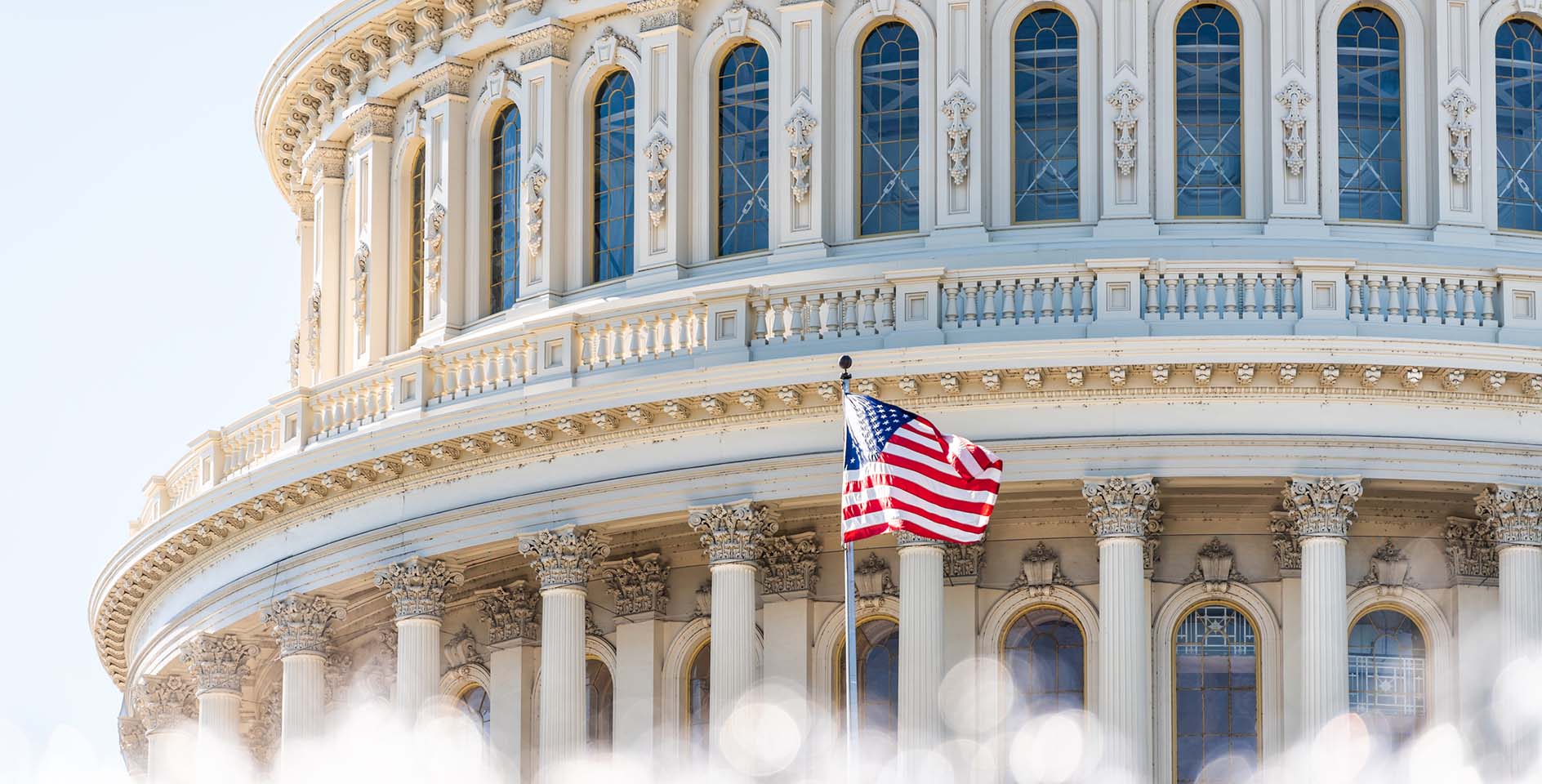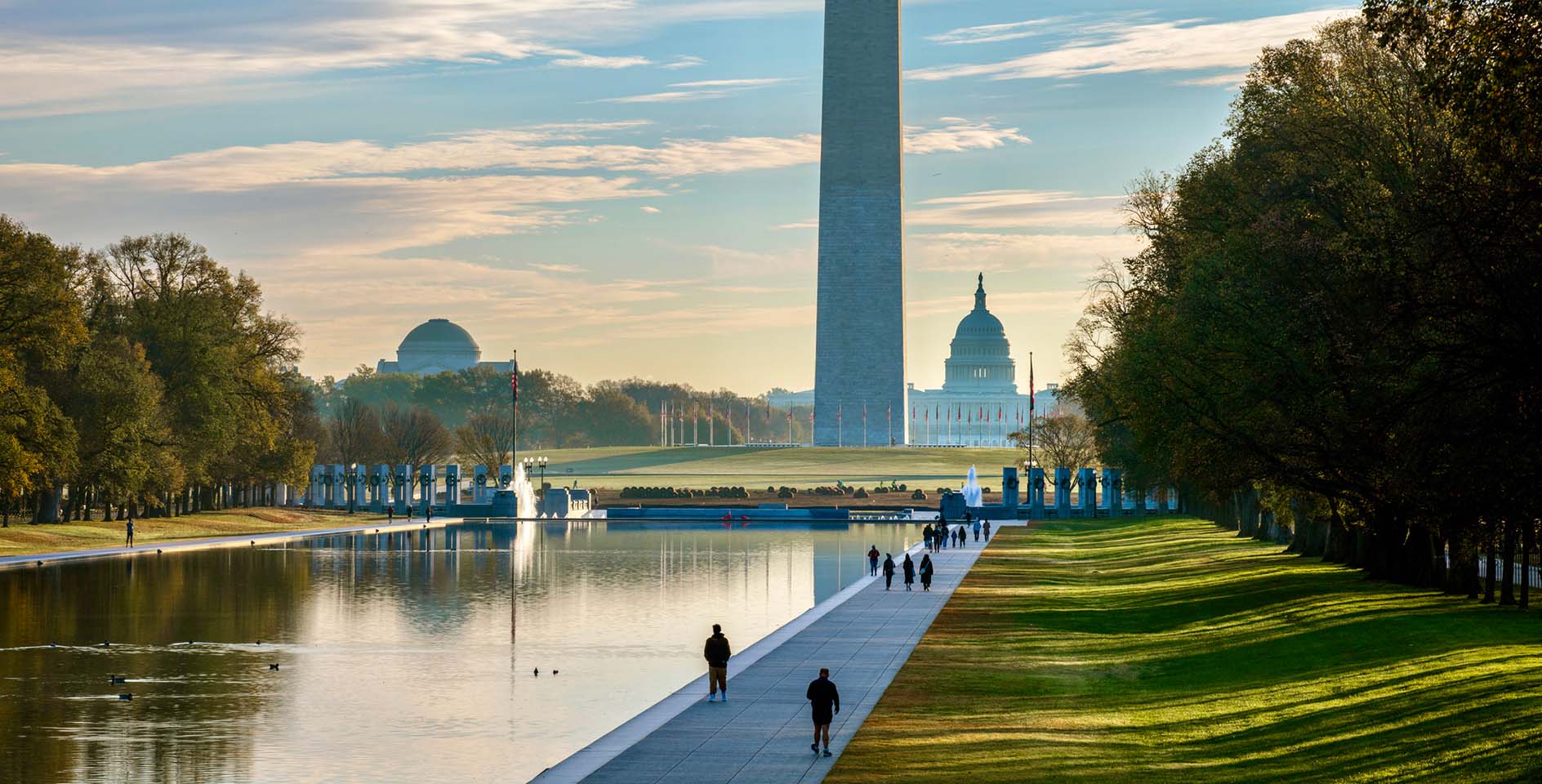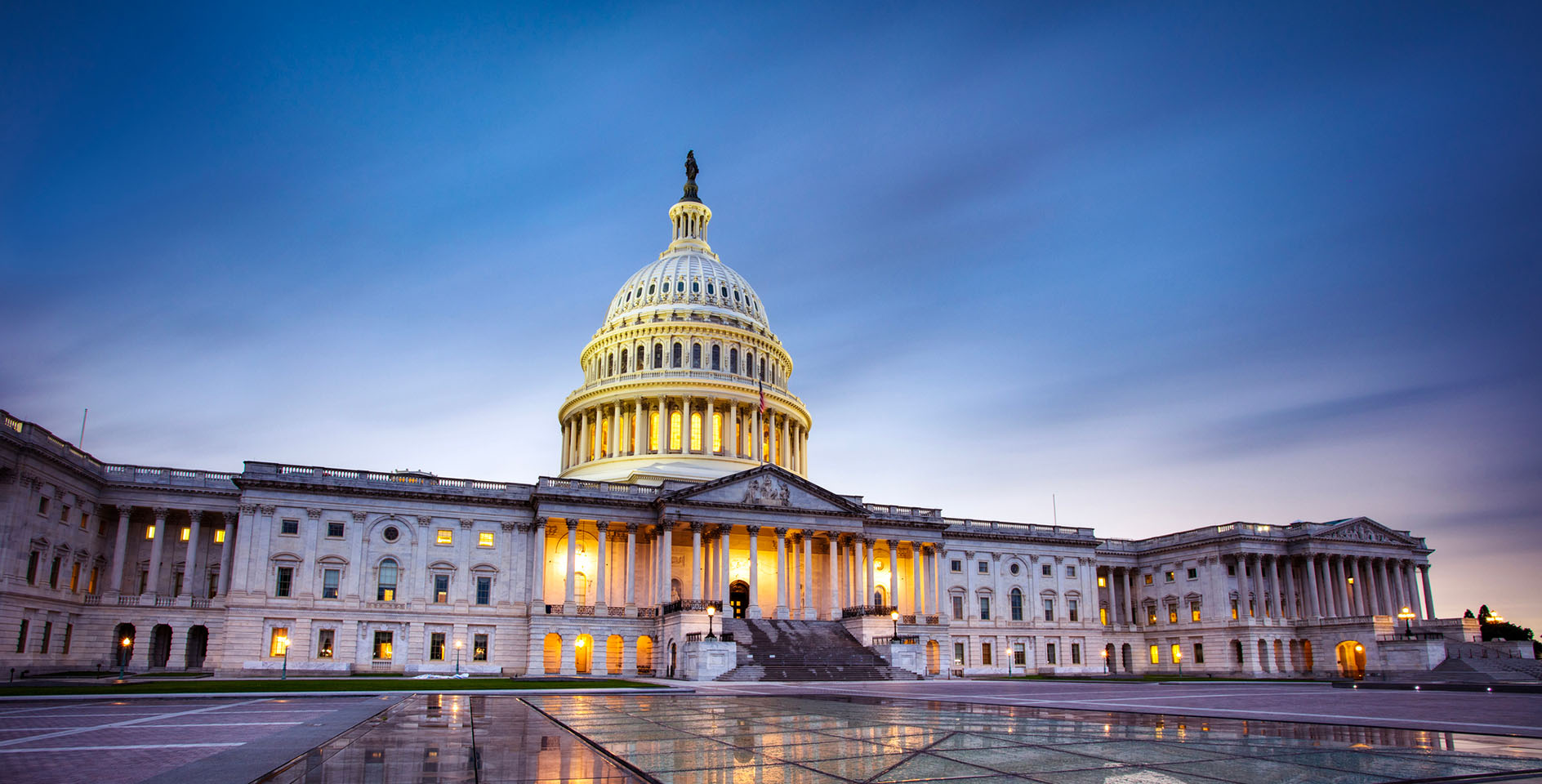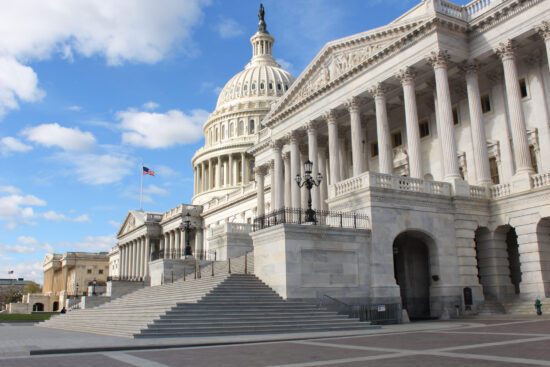As we enter 2024, the complex political landscape in the United States, marked by division and a struggling Congress, presents unique challenges and opportunities for Christian engagement in public policy. It is in the midst of this dysfunction and division that we must find a way to press forward on the issues relevant to the mission of the ERLC: protecting life, safeguarding religious liberty, bolstering marriage and families, and upholding human dignity. Here are some of the top policy issues to watch in 2024.
Life: Beyond Dobbs
The overturning of Roe v. Wade in the Dobbs decision has reshaped the pro-life landscape. However, challenges like the rise of chemical abortions and “abortion tourism” persist. The sanctity of life is foundational (Gen. 1:27), and our advocacy must extend to all life stages, echoing our commitment to life and human dignity.
Here are some federal pro-life legislative issues to be aware of:
- Pro-life riders in congressional appropriations: A key legislative priority is maintaining and including historic pro-life amendments, known as riders, in Congressional appropriations bills. For example, the Hyde Amendment, a significant pro-life rider for over 40 years, prevents government-funded abortions and protects citizens’ consciences from funding actions they consider unjust. An effort will be made this year to extend Hyde Amendment-like protections to prevent taxpayer funding for abortion-related travel and services.
- Proliferation of chemical abortions: The use of chemical abortions, which accounted for 53% of all abortions in 2021, has been on the rise, and the number likely increased following the Dobbs decision. The FDA has even increased access to these drugs, including mail delivery and availability at retail pharmacies, raising concerns about the risks to women and preborn children. Legislation like the SAVE Moms and Babies Act would help to regulate this industry.
- The Alliance for Hippocratic Medicine v. FDA decision: The U.S. Supreme Court is set to hear a case challenging the deregulation of the abortion drug mifepristone. The 5th U.S. Circuit Court of Appeals previously ruled to reinstate significant restrictions on the drug including in-person medical visits, halting mail-order distribution, and limiting its use to the first 7 weeks of pregnancy. By upholding this decision, the Supreme Court would be helping to protect preborn lives and women’s health.
- The Women’s Health Protection Act: This act would remove all abortion restrictions and limits. The result would be to allow abortions up to birth, remove pro-life protections, and force taxpayer funding for abortions.
- Pro-life legislation: Several new pieces of pro-life legislation may be considered this year: The No Taxpayer Funding for Abortion Act, which aims to codify the Hyde Amendment; and the Support for the Born Alive Abortion Survivors Protection Act, which requires healthcare practitioners to provide the same level of care to children born alive after a failed abortion as they would to any child born at the same gestational age. The Pain Capable Unborn Child Protection Act and the Heartbeat Protection Act would also impose further federal restrictions on abortion.
Religious Liberty: A Baptist distinctive
The Baptist tradition, with its strong emphasis on religious liberty and separation of church and state, informs our approach to issues like The Equality Act and attacks on the Religious Freedom Restoration Act. This principle, grounded in Scripture’s teaching on the conscience (Rom. 14:23), is not just for Christians but for all, reflecting God’s Lordship over the conscience and our call to live in a society that respects diverse convictions.
Some legislative and regulatory issues of particular concern to this issue in 2024 include:
- The Equality Act: The Equality Act, which passed the House in February 2021 and amends the 1964 Civil Rights Act to include sexual orientation and gender identity as protected classes, is likely to curtail religious freedom, impacting healthcare professionals and faith-based hospitals, and undermining rights for women and girls.
- The Do No Harm Act: This act is a threat to the Religious Freedom Restoration Act (RFRA), as it could weaken religious freedom protections.
- The Child Welfare Provider Inclusion Act: This act aims to prevent government discrimination against child welfare agencies based on their religious beliefs, ensuring a broader range of child welfare providers are available.
- The Conscience Protection Act: This act offers protections for healthcare workers with religious or moral objections to participating in or providing insurance coverage for certain medical procedures, including contraception.
- Regulatory actions under the Biden administration: As with the past few years, the regulatory changes proposed by the Biden administration could threaten religious liberty and conscience rights, including those affecting foster care, healthcare, and college campuses.
- The Universal Charitable Deduction: This policy encourages charitable giving by allowing all taxpayers to claim deductions for donations, regardless of whether they itemize their deductions.
Marriage and Family: Upholding biblical standards
In a post-Roe world, the focus on marriage and family policies becomes even more critical. Advocacy for adoption, opposition to “gender transition” surgeries, and supporting pro-family policies are not merely social stances but are deeply theological, reflecting God’s design for the family (Eph. 5:31-32) and the value of children (Psa. 127:3).
Some aspects of particular interest in 2024 include the following:
- Adoption and Foster Care policies: Congress might consider various proposals, including the Adoption Tax Credit Refundability Act, which would ease the financial burden of adoption.
- The Adoptee Citizenship Act: This act aims to grant immediate citizenship to foreign-born children adopted by U.S. citizens who were excluded from the Child Citizenship Act of 2000.
- Marijuana expansion and related banking legislation: Proposed efforts to legalize marijuana federally, including the SAFER Banking Act, would contribute to the drug epidemic. The Biden administration’s is also attempting to reclassify marijuana under the Controlled Substances Act, which is a further leap toward federal legalization.
- Gender “transitions” and parental rights: In recent years, we have seen alarming increases in the number of individuals, many of whom are minors, undergo physically damaging “gender transition” surgeries and procedures. This issue is also being pushed forward in all contexts, often without the knowledge of consent of parents. Many pieces of new legislation are seeking to outlaw these harmful practices and empower parents.
Human Dignity: Addressing global and societal issues
Our focus on issues such as the persecution of Uyghurs in China, anti-Semitism, and human trafficking aligns with the biblical mandate to “do justice, love kindness, and walk humbly with God” (Micah 6:8). These issues challenge us to recognize the imago Dei in all people, leading to advocacy that transcends national and ethnic boundaries. Here are a few examples:
- The Afghan Adjustment Act: This legislation would provide a path to permanent legal status for Afghan evacuees brought to the U.S. under humanitarian parole following the fall of Afghanistan in 2021.
- Gambling expansion: As nearly every state across the country has loosened restrictions on gambling, Americans spent approximately $213 billion on legal betting alone in 2021. Online sports betting has spread rapidly, making it easier than ever to become trapped in the addictive and destructive cycle of gambling. Lawmakers at the state and federal level will be thinking about how to push back on this trend.
The road ahead
These issues are just a sampling of areas that require our attention in the days ahead. Throughout 2024, the ERLC is committed to leading the way for Christian engagement in a world marked by division and ethical complexity. Because, as guided by Scripture, we value the sanctity of life, religious liberty, marriage and the family, and human dignity, we are called not only to advocate for policies but also to embody the transformative power of the gospel in public life. As we engage these issues, our ultimate hope rests not in legislative victories but in the sovereign grace of God, who calls us to be salt and light in a world in need of the hope found in Christ alone.














